BCIB is the progressive employer on some of B.C.’s largest infrastructure projects.
We’re here to recruit, support, and help retain a diverse and skilled construction trades workforce – paving the way to lasting careers and a stronger economy.

BCIB is the progressive employer on some of B.C.’s largest infrastructure projects.
We’re here to recruit, support, and help retain a diverse and skilled construction trades workforce – paving the way to lasting careers and a stronger economy.

Wherever you are in your trades journey, we can help you reach your goals. We will meet you where you’re at.

Any contractor can bid on a CBA project. BCIB can also supply workers to non-CBA sites. Want to understand the opportunities for you and your team?

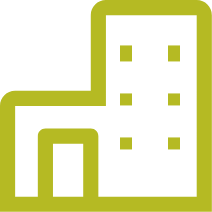
Want to build an inclusive culture? Looking to support reconciliation? Learn about offering Respectful Onsite Initiative courses to your staff.

BCIB hires traditionally underrepresented tradespeople to work on some of B.C.’s largest infrastructure projects. All BCIB workers get training to help them support one another onsite, increasing understanding while reducing discrimination, bullying and harassment. We connect newer workers with training and apprenticeships so they can progress in their careers.
BCIB and our partners in industry and labour are building up a respectful and qualified workforce to benefit B.C.’s construction sector for years to come.

4,601,007 hours
BCIB tradespeople have worked more than four-million hours, helping to build B.C.'s vital infrastructure.
3595 people
More than 3000 qualified, skilled tradespeople have worked for BC Infrastructure Benefits. 21% of them have been rehired on at least one more CBA project, offering them employment continuity closer to home.
100 %
of women on CBA projects get paid the same rate as equally qualified men. In BC, women in the trades earn about 20% less than men.
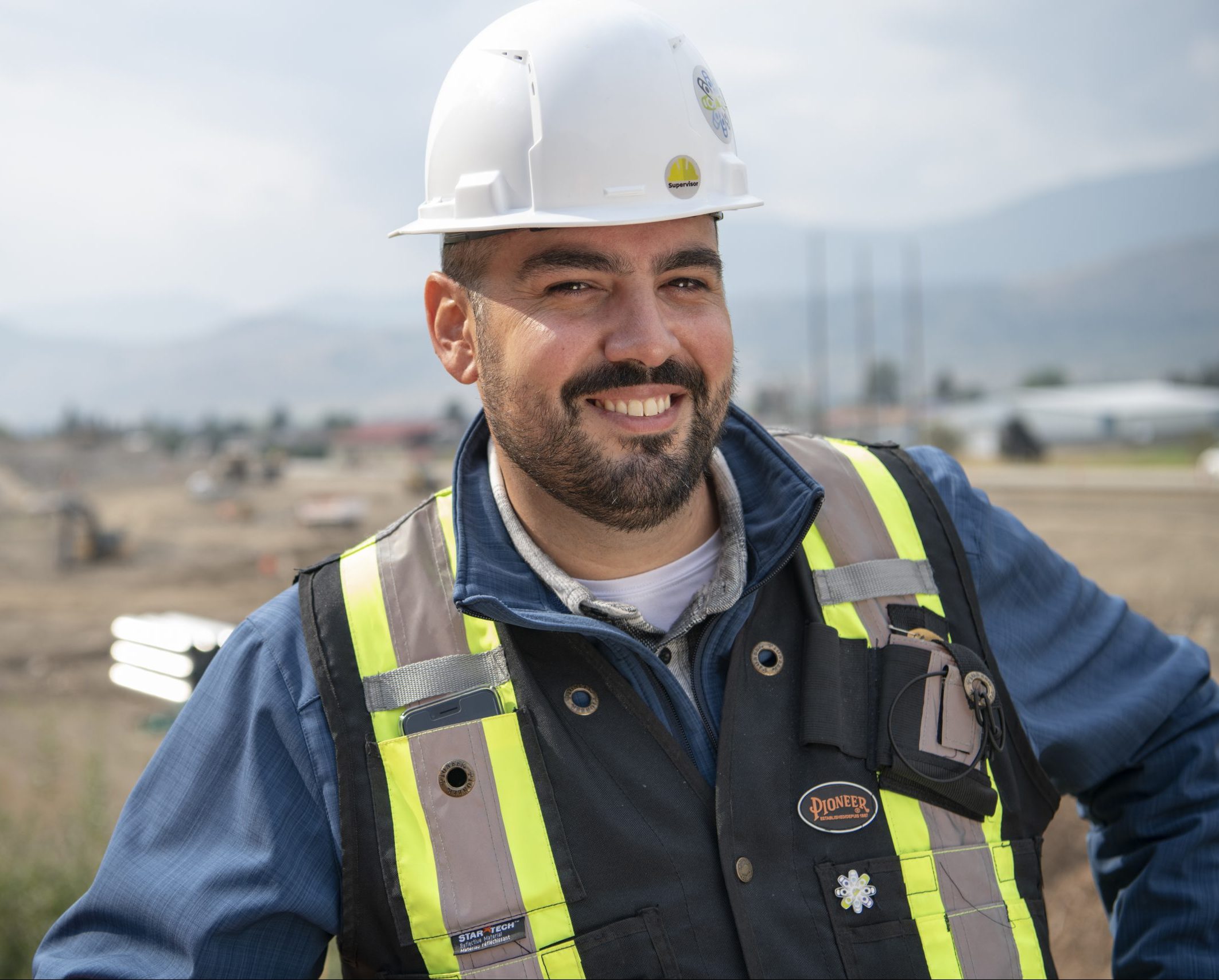
“I get to work in the community that I live and coach in, which is awesome. It feels like a community at work because I see so many of the same faces around town every day.”
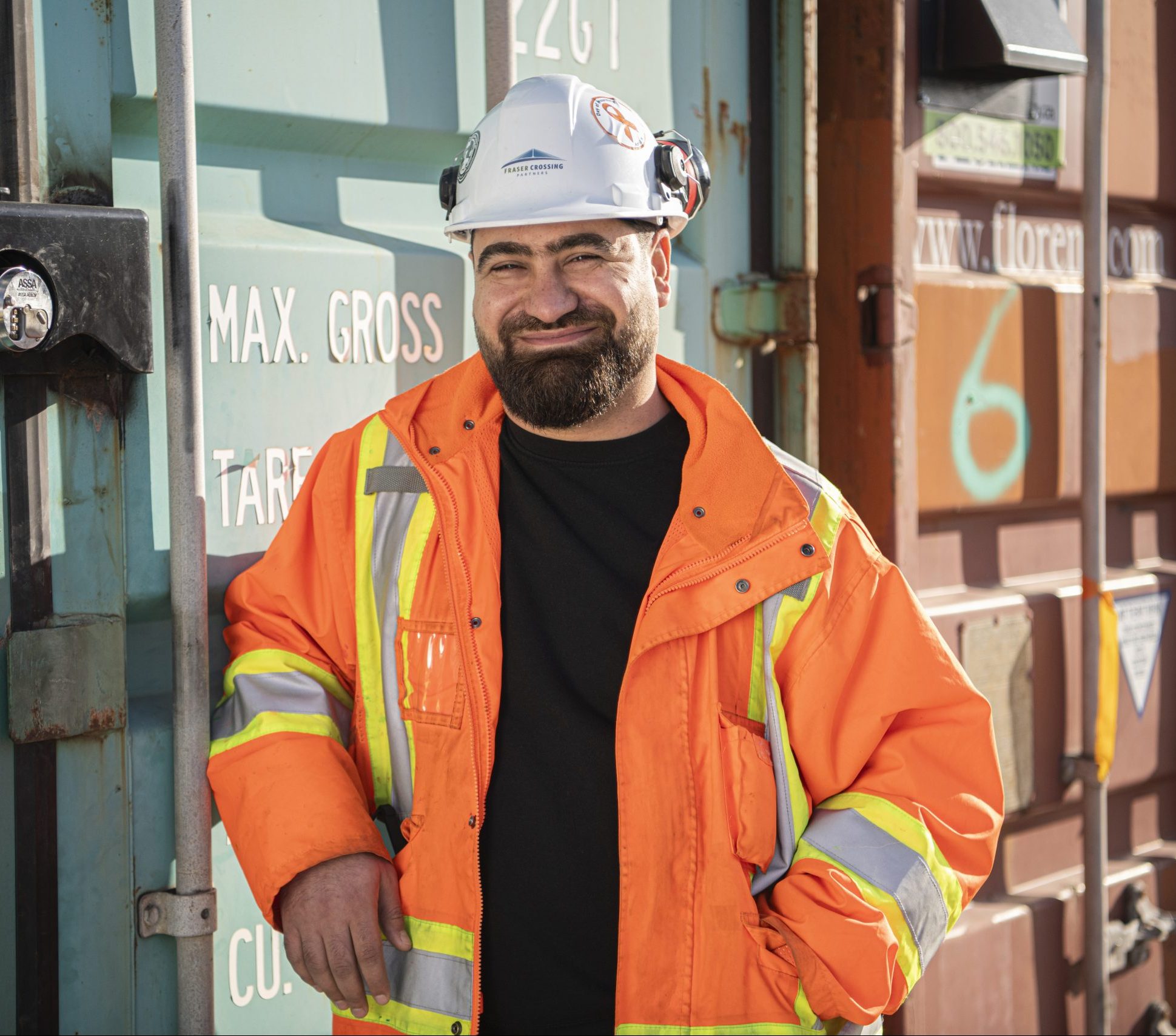
“To come and work on such a big project is very good for me as someone who immigrated recently. Lebanon is at war, so you can’t look forward to your future. You can dream here.”
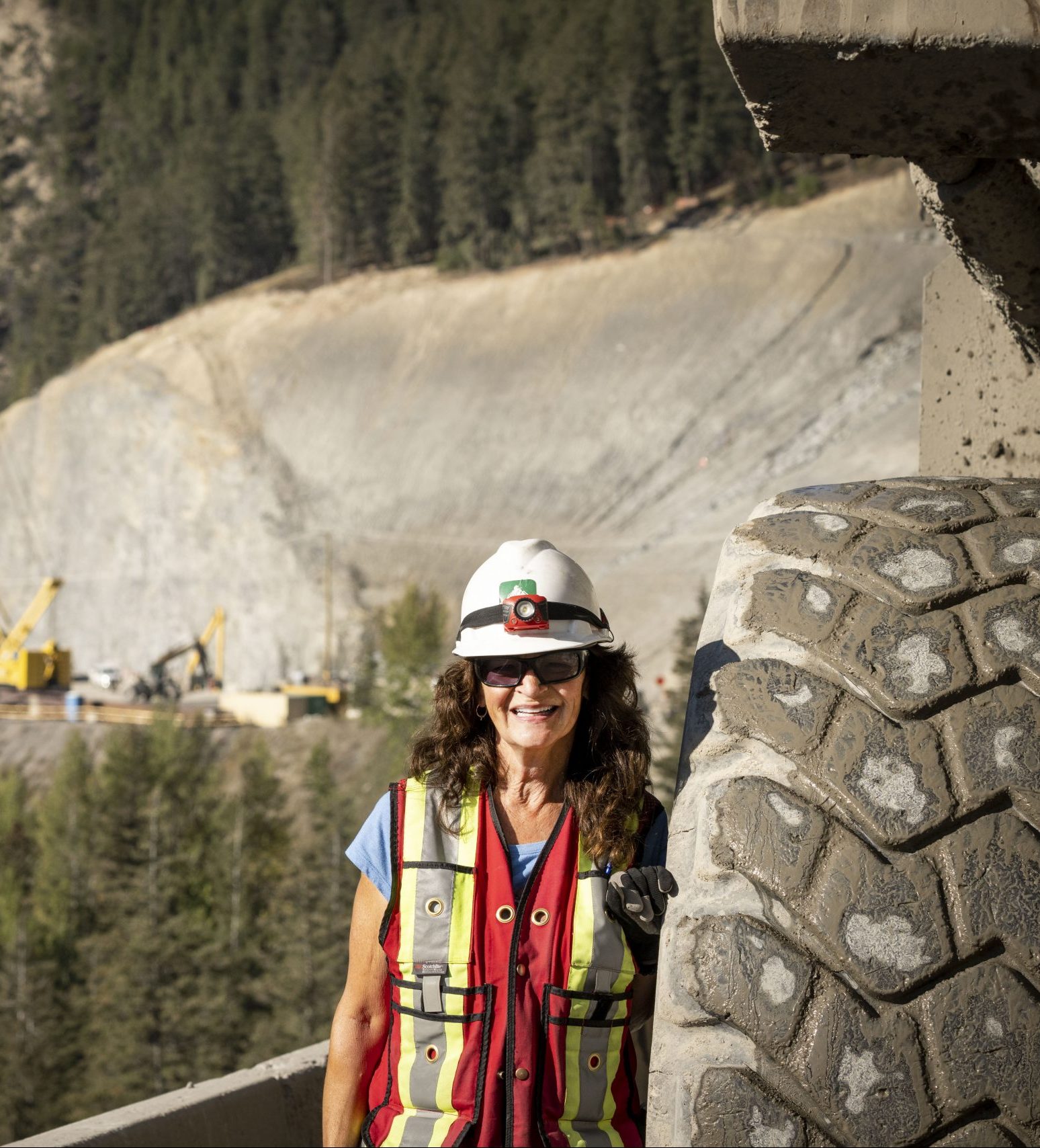
“At BCIB, you have the opportunity to work on lots of different projects. You’re on the board as a rehire and you get calls. It’s not a dead end when this job is done.”
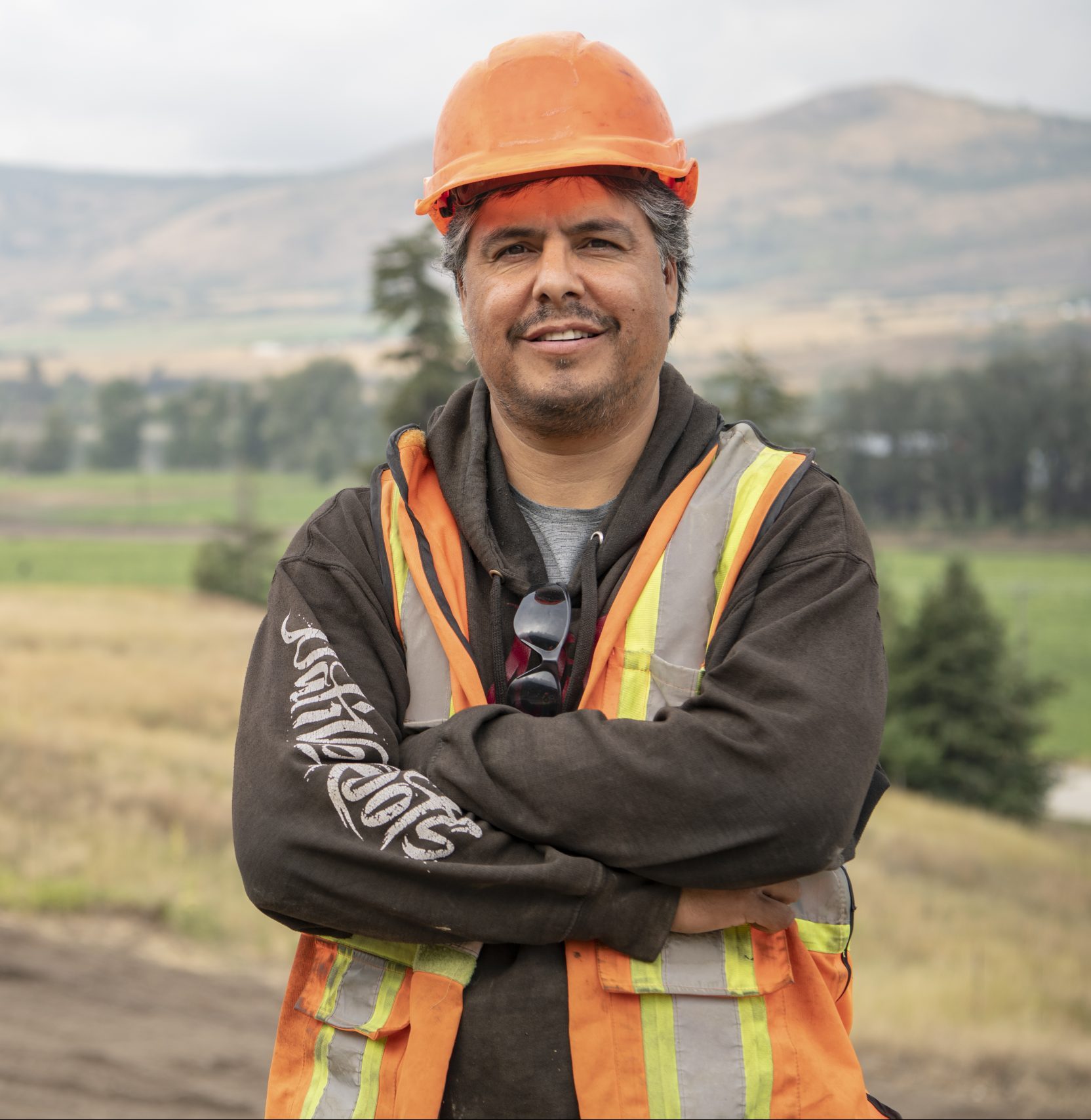
“A lot of people jump around in construction and move for work. Now with BCIB, I’m more comfortable and I’m more secure. It’s starting to feel like a career and I never felt that before.”

“I get to work in the community that I live and coach in, which is awesome. It feels like a community at work because I see so many of the same faces around town every day.”

“To come and work on such a big project is very good for me as someone who immigrated recently. Lebanon is at war, so you can’t look forward to your future. You can dream here.”

“At BCIB, you have the opportunity to work on lots of different projects. You’re on the board as a rehire and you get calls. It’s not a dead end when this job is done.”

“A lot of people jump around in construction and move for work. Now with BCIB, I’m more comfortable and I’m more secure. It’s starting to feel like a career and I never felt that before.”
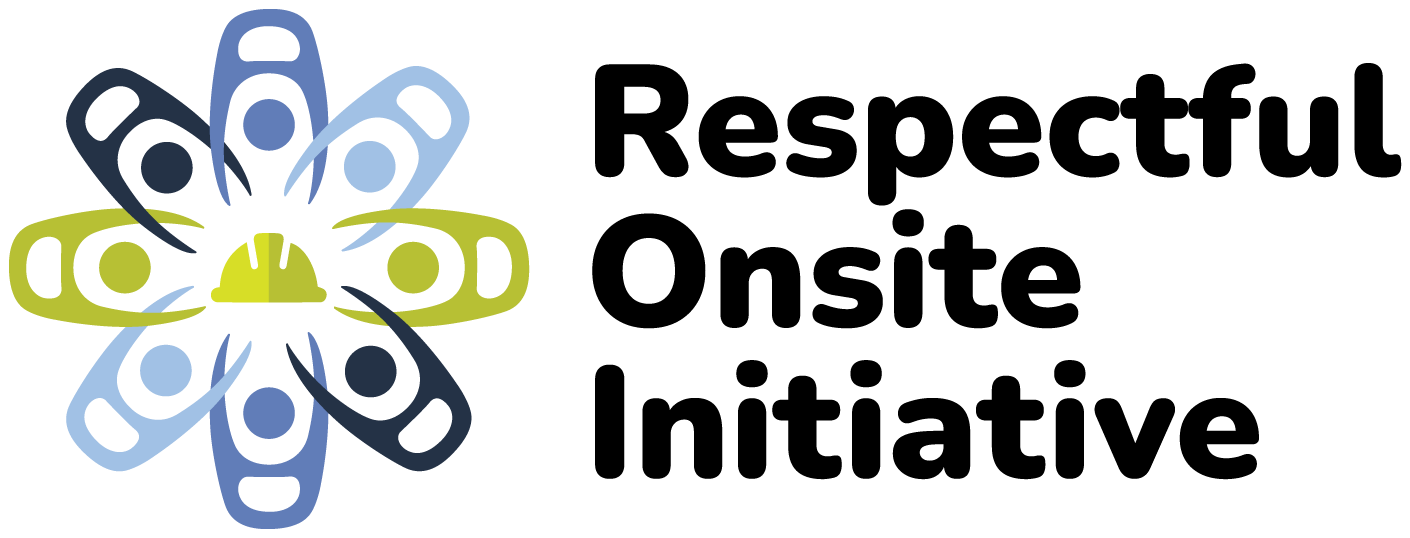
We help workers, companies and organizations foster safe, respectful and inclusive workplaces through our Respectful Onsite Initiative (ROI) training. Proactively fostering a respectful work culture yields a high return on the investment — that’s one of the reasons we call the program ROI.

Build your career and make an impact.